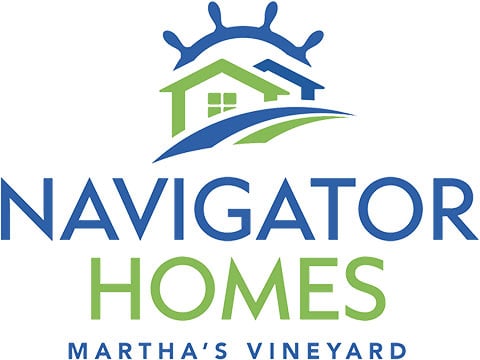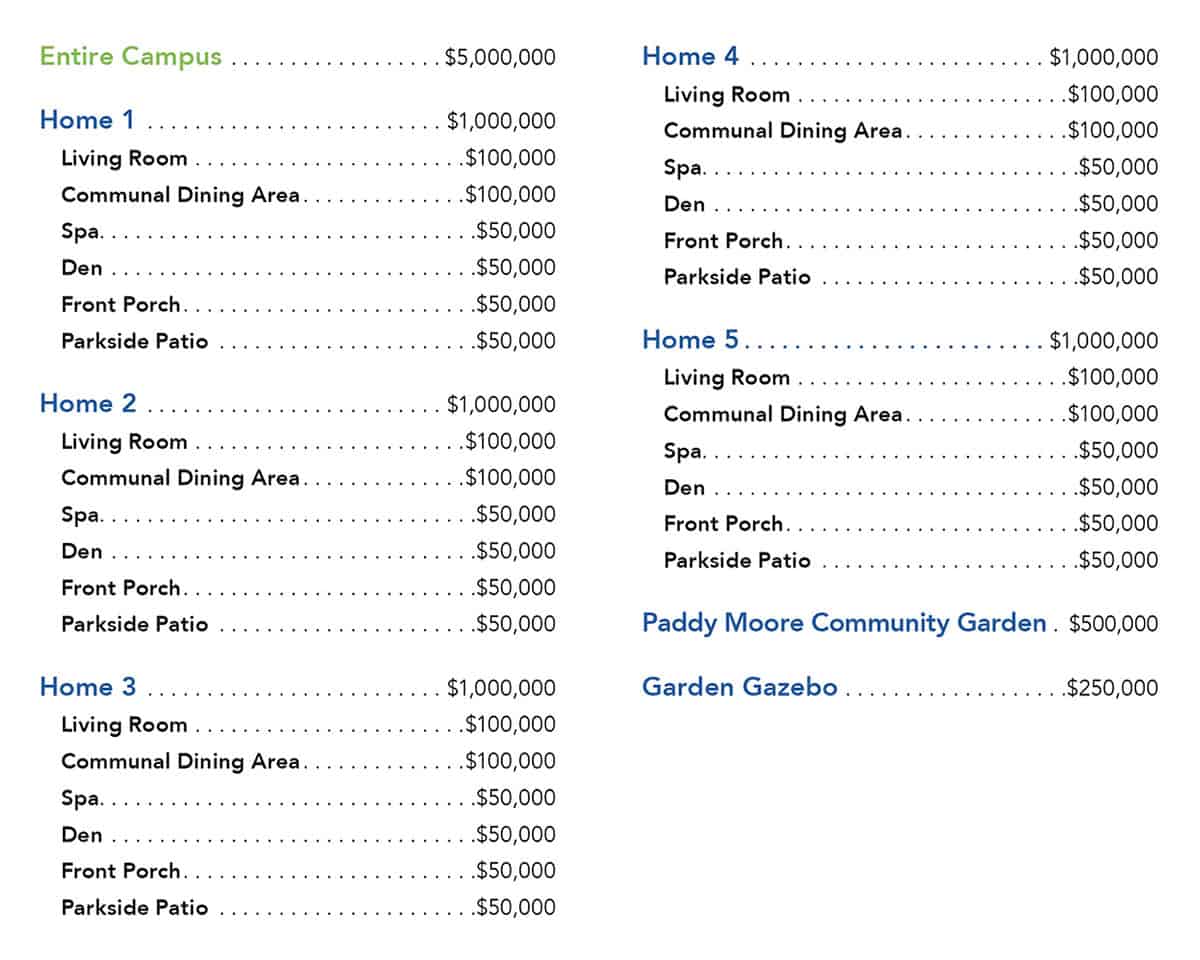Operators have had to get creative to recruit and retain staff as the workforce shortage persists, with the omicron variant, burnout and opportunities for better pay stalling staff growth.
Leadership has had to hone in on necessities workers don’t always have access to, like cell phones and affordable housing.
Majestic Care in Indiana offers a 20% housing discount in certain markets through a company called Panda ECS – if a worker lives within 10 to 15 minutes of a facility, they receive the discount along with public transport, Majestic CEO Bernie McGuinness told Skilled Nursing News.
Majestic was able to partner with different apartment complex owners in its urban cluster markets, with New York-based Panda doing the legwork, to provide the discount when an employee signs a 12-month lease.
Panda, which launched its housing program in the fourth financial quarter of 2021, is about to expand the program with 6,000 discounted units to nursing home employees in Maryland, and has some units geared up in the Washington, D.C. area.
Providing subsidized housing is a huge boon for operators looking to recruit and retain staff. Such a discount makes employees think twice before leaving for a different industry, or perhaps going to work for an agency or different operator.
“What that does is, [if an employee is] saving 20%, they’re not just going to walk away from work, right? They could be saving $200 a month,” said Panda COO Yoni Abraham. “If you walk away, part of the contract is that if you leave then you lose that 20% discount.”
As operators like Penn Health Partners seek to bring workers from overseas as well as offer relocation benefits for staff out of state, the housing component becomes even more important.
While Penn is still working to launch its own housing discount program with Panda, the operator saw a 10% decrease in agency usage tied to the company’s phone program, Kristin Oeder, regional director of operations for Penn Health Partners, told Skilled Nursing News.
Oeder said she feels confident the program made a big difference in recruitment and retention.
Abraham said rent discounts are just the beginning – Panda is looking to broaden its housing program to potentially include Panda-owned, or operator-owned housing.
“This has been a big dream of ours, to be able to house the employees,” Abraham said.
SNF subsidized housing will be ‘the norm’
Companies like Navigator Elder Homes of New England are teaming up with workforce housing developers to build apartment complexes for nursing home staff. Navigator is a development partner of The Green House Project, building nursing homes that adhere to the small home model.
One of Navigator’s projects on Martha’s Vineyard, Mass. will have staff apartments surrounding its five Green House homes for residents.
The Martha’s Vineyard project is sustained by retaining employees, according to Renee Lohman, president and CEO of Navigator Elder Homes. The way an operator keeps employees, she said, is making sure they have subsidized housing so they feel comfortable living and working on the island.
“They can even walk to work; it creates a whole new community,” Lohman said.
Navigator has had to think of creative ways to offer workforce housing in a tight real estate market – one way the company was able to create such housing was by repurposing old hotels.
“There’s not much on the cape. There’s very little land to even obtain to build, it’s all developed,” Lohman said. “Airbnb has taken over the rental market. You have to be creative and you have to have funds, but [the older hotels] seem to be the way that the housing market for workforce housing is going, certainly in Yarmouth, which is kind of the heart of the middle of the cape.”
Further down the cape, a skilled nursing operator in Chatham found homes to redevelop, Lohman said, and staff have been living in those homes for three years.
“It seems that he’s been able to keep everybody he provides housing for in their jobs, or promotes them, and they’ve done very well, they flourished,” Lohman said. “I think that’s going to be the norm throughout southeastern Massachusetts, up through Boston.”
Incentives coincide with what workers need
Panda focuses on getting partnerships with apartment complexes within a certain distance of a facility, Abraham said.
The company works mostly with nursing homes – 70% of its clients are in the skilled nursing industry, Abraham said.
Panda’s housing program, where the company partners with landlords to provide a discount to nursing home employees, is up and running in Indiana and Ohio; the program is about to launch in Michigan, Maryland and Kentucky.
“We work closely with Yoni and his team and challenged them to help us find benefits that could make a substantial impact in the lives of our care team members,” McGuinness said.
Surprisingly, there are no upfront costs to the operator for such discounts, Abraham said. He thinks of the Panda company as an “employee benefits educator,” profiting on the back end via the items they provide.
As long as the individual remains employed at Majestic Care, they will continue to receive the rental discount, McGuinness added; the company works directly with the landlord.
Housing programs to meet the moment
Oeder is currently in the planning stages with Abraham to facilitate a similar affordable housing program for the operator’s five facilities in Pennsylvania.
“A lot of us operators are trying to recruit nurses from outside of the country. As you sponsor these nurses, they all often need housing and so that’s one of the things that we’re working on with [Yoni],” Oeder said. “We’ve got traveling nurses, they need housing too, and most facilities don’t have the space or, you know, these nurses don’t necessarily always want to stay within the facility. That’s fair enough, you don’t always want to sleep where you work.”
Penn has one registered nurse (RN) coming from the Philippines in the next few months, and two more that are still in the process of getting approved to work in the U.S.
“They’re brand new here, they don’t have any other family here. It’s important to secure good housing for them,” said Oeder.
Percentage discounts, stipend amounts and how a reduction would even be applied is heavily based on the local market, Abraham and Oeder said. Penn’s Erie location is a completely different housing market compared to its two Pittsburgh buildings that are more urban.
“Every state – more or less every town – is different in the amount of time and effort that goes into [housing partnerships],” Abraham said. Finding complexes that are an appropriate distance away from facilities are especially difficult in rural areas like western Pennsylvania.”
Apartment complexes that have 98% occupancy will be less willing to give a discount, he added. When finding the right partnerships and structuring them properly, Panda tries to find a site within 20 minutes of the facilities; employees have in other situations commuted anywhere from a half hour to an hour in some cases, he said.
People live primarily in houses in some areas of Washington and Idaho, Abraham added, making the program more difficult to implement. It’s not going to work everywhere, he noted.
There are layers to Penn’s partnership with Panda, Oeder explained. First is the standard perks that all employees are eligible for, including scrubs and entertainment discounts, reduced rates for hotels. The next layer is more robust, and for Penn that includes a cell phone program implemented in October.
“People asked about it when they’re interviewed,” Oeder said. “We put it in the ad, that there’s a free smartphone, you know, free talk, text and data from a 5G provider … I’ve had team members tell me that they’ve never had a cell phone before. It’s really a game changer for a lot of these folks, and it’s one less bill that they have to pay.”
Panda is working to launch a daycare program with Majestic too, Abraham said, as another way to meet employee needs.
“It’s the items that they need, and they use day to day,” added Abraham.


 Please check with the Navigator Development Consultant at 610-246-3488 to confirm availability or adjustments. Named gift opportunities are subject to change.
Please check with the Navigator Development Consultant at 610-246-3488 to confirm availability or adjustments. Named gift opportunities are subject to change.